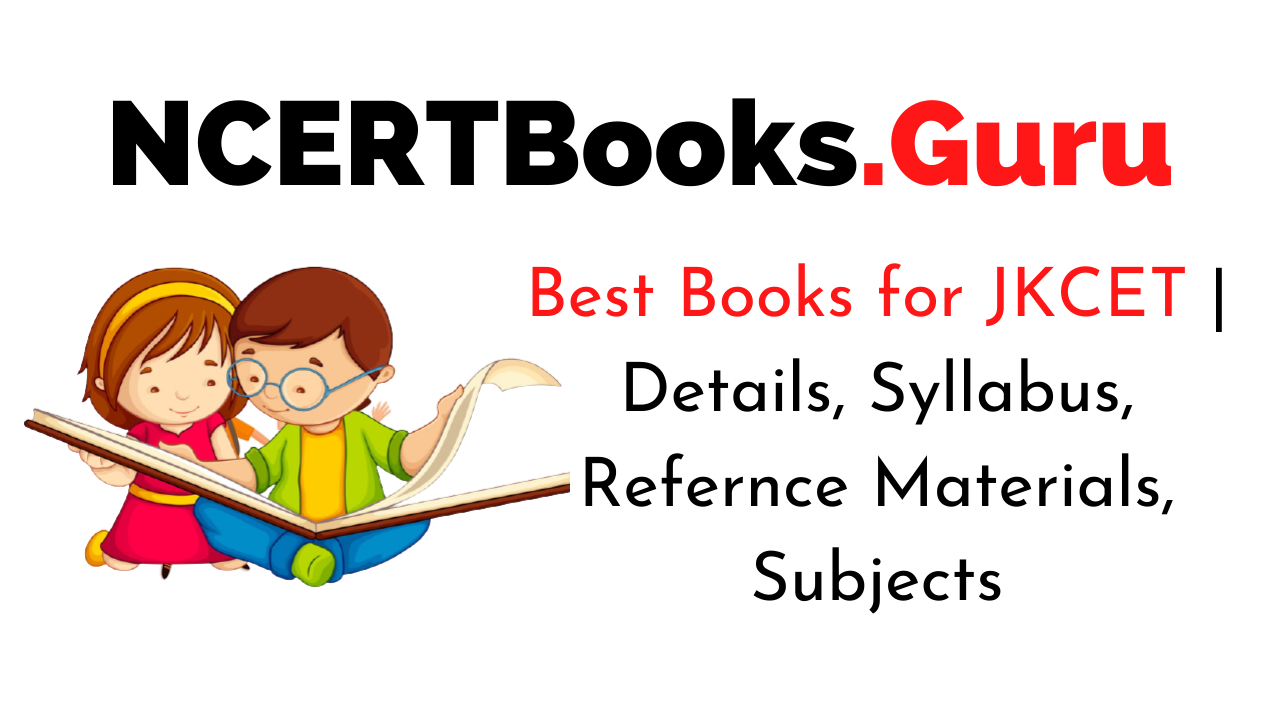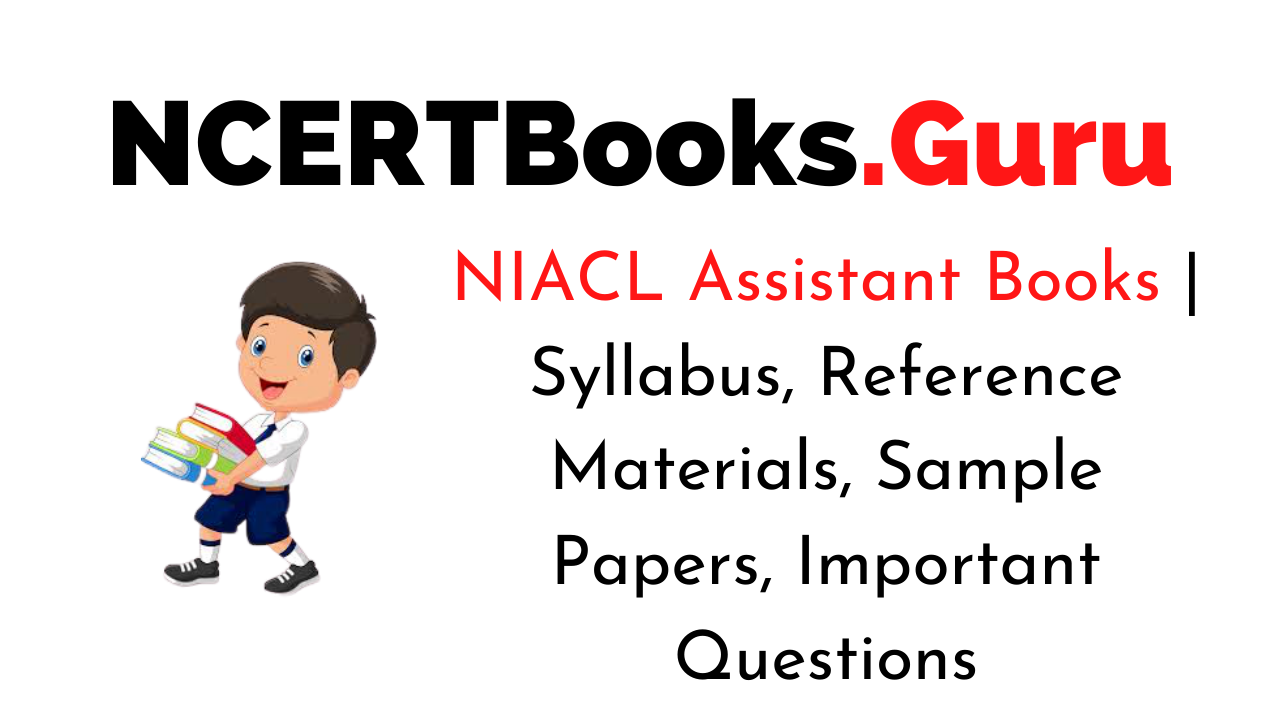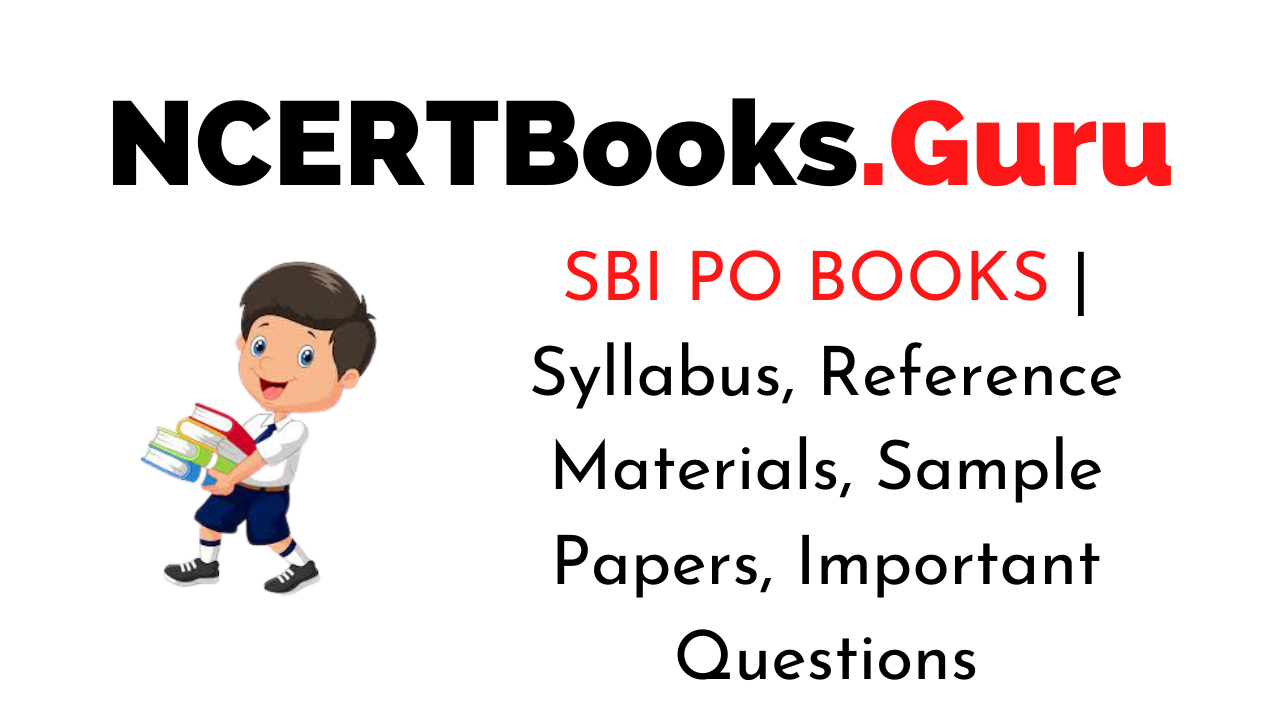National Biotechnology Olympiad [NBTO]: The National Biotechnology Olympiad (NBTO) is administered every year in India to create awareness about Biotechnology. It helps students in obtaining a basic knowledge of environmental sciences, biology, and technology concepts. This exam brings in a factor of competition and challenge about encouraging the younger generation to improve their knowledge about Biotechnology issues.
Candidates participating in the National Biotechnology Olympiad should be from classes 1 to 12 from CBSE or ICSE board. The preparation of this exam helps students to excel in biotechnology subjects. This test allows the students to understand both their strengths and weakness. IOS recognises and rewards talents from different schools.
- National Biotechnology Olympiad [NBTO]Highlights
- National Biotechnology Olympiad [NBTO] 2020
- National Biotechnology Olympiad [NBTO] Registration
- National Biotechnology Olympiad [NBTO] Syllabus
- National Biotechnology Olympiad [NBTO] Sample Paper
- National Biotechnology Olympiad [NBTO] Admit Card
- National Biotechnology Olympiad [NBTO] Results
- National Biotechnology Olympiad [NBTO] Exam Pattern
Get to Know More about other types of Silverzone Olympiads and their details from here.
National Biotechnology Olympiad [NBTO] Highlights
| Exam name | National Biotechnology Olympiad |
| Managing organisation | EduHeal Foundation |
| NBTO Exam Date Duration | July 2020 to January 2021 (schools have to select a date in this duration) |
| Registration Date | August 2020 |
| NBTO Venue | Participating schools |
| Mode of Exam | OMR |
| NBTO 2020 result date (Tentative) | February 2021 |
| Eligible Candidates | CBSE, ICSE, state boards, or NIOS students studying in class 1 to 12 |
National Biotechnology Olympiad [NBTO] 2020
- The Eduheal Foundation’s successful attempt with the Medical Council of India (MCI) or the Government of India has let students take up biotechnology in 11th/12th to compete in Pre Medical Tests(PMT) especially all India CBSE PMT.
- NBTO exam is in its 14th year; students from class 1 to 12 can take part in the exam.
- Candidates participating in the National Biotechnology Olympiad must be from class 1 to 12, from CBSE, ICSE, or other major boards.
- NBTO exam contains Multiple-Choice Questions (MCQs).
- OMR sheets should be filled precisely and correctly.
- Inadequate information in the OMR may lead to the disqualification of candidates.
National Biotechnology Olympiad [NBTO] Registration
National Biotechnology Olympiad (NBTO) is a national level Olympiad led by EduHeal Foundation. Schools can register themselves by filling up their respective forms. Institutions affiliated under CBSE, ICSE, and other state boards are qualified to apply for the National Biotechnology Olympiad (NBTO) 2020 exam.
Form A
- The school coordinator should provide full details of the school.
- The school coordinator is responsible for providing the number of students.
- Candidates should pay Rs 150 per person for the exam to the respective school coordinator.
- School coordinators should pay the amount to EHF through demand draft or internet banking.
- Students of class 1 to 12 are eligible for EduHeal NBTO registration 2020.
Form B
Here the details of the coordinator are filled. Teachers will be designated to the following items based on the strength of the student competing in the EHF olympiads
- Participation gifts and certificates.
- Free participation in online National Teacher’s Evaluation Test (if interested)
National Biotechnology Olympiad [NBTO] Syllabus
The NBTO syllabus focuses on aiding students in enhancing their learning of science related to biotechnology. The EduHeal guide is the zenith of all the materials students require. The course curriculum mainly comprises questions that are based on environmental sciences and basic biotechnology concepts.
Class 1 Syllabus
|
Class 2 Syllabus
|
Class 3 Syllabus
|
Class 4 Syllabus
|
Class 5 Syllabus
|
Class 6 Syllabus
|
Class 7 Syllabus
|
Class 8 Syllabus
|
Class 9 Syllabus
|
Class 10 Syllabus
|
Class 11 Syllabus
|
Class 12 Syllabus
|
National Biotechnology Olympiad [NBTO] Sample Paper
Olympiad sample papers are updated on the official website of EHF. Students need to go to the official website after they complete the registration for the exam. Students writing computer-based exams are given access to online sample papers for them to practice.
National Biotechnology Olympiad [NBTO] Admit Card
It is mandatory to bring the NBTO admit card at the exam centre for verification purposes. No applicant will be permitted to enter the examination hall without a hall ticket or admit card, and it should be carried along with the identification card. The enrollment number (unique for each candidate) can also be used while checking the NBTO 2020 result. NBTO admit cards are emailed to the school email id registered to Eduheal foundation. Students can reach their respective school coordinators to obtain the NBTO 2020 admit card. An SMS is also sent to the student on their registered mobile number.
National Biotechnology Olympiad [NBTO] 2020 Exam Pattern
- One mark each question
- No negative marking
- If the Students obtain the same scores, then the guidelines will change to Subject questions, Interactive questions or General IQ
- Other parameters include a telephonic interview
National Biotechnology Olympiad [NBTO] Results
The result of NBTO is declared a few weeks after the exam. The result is available online for 15 days after the declaration. Students should follow the steps to get the result from the official website :
- Register on the EduHeal app
- Click on the NBTO result link
- Select the exam and enter your name, email id, enrollment number and mobile number as given in your admit card.
- OMR, question papers with answer sheets, and aptitude reports will be available on the site.
Prize distribution ceremony for top scorers of NBTO exam 2020 will be held at the International convention centre, Bombay Stock Exchange (BSE), Dalal Street, Mumbai. A personal invitation will be sent to concerned students, teachers, and principals.
National Biotechnology Olympiad [NBTO] Fees Structure
The participation fee amount for the National Biotechnology Olympiad [NBTO] 2020 is Rs 150 per student/per exam .The school may also acquire a small amount up to Rs. 20/- to compensate for the expenses towards an payment of the invigilator, postal expenses, DD charges, and photocopying, etc.
Mode of Payment: The mode of payment for schools are through demand draft or internet banking.
FAQ’s on National Biotechnology Olympiad [NBTO]
Question 1.
What is the eligibility criteria for the National Biotechnology Olympiad [NBTO] exam?
Answer:
The eligibility criteria for the NBTO exam is students studying from class 1 to 12 from a CBSE, ICSE, state boards, or from any major board can apply for the exam
Question 2.
What are the preparation tips for the NBTO exam?
Answer:
Students can download the sample papers from EHF official website and practice the sample papers and study topics based on environmental sciences and basic biotechnology concepts.
Question 3.
What is the National Biotechnology Olympiad [NBTO] exam?
Answer:
The National Biotechnology Olympiad (NBTO) is administered every year in India to create awareness about Biotechnology. It is a national level Olympiad led by EduHeal Foundation.
Question 4.
Who is the EduHeal Foundation?
Answer:
EduHeal Foundation (EHF) is a non-profit association that is approved by corporate leaders, leading educationists, and leading media persons.
![National Biotechnology Olympiad [NBTO]](https://www.ncertbooks.guru/wp-content/uploads/2020/09/National-Biotechnology-Olympiad-NBTO.png)

![International Talent Hunt Olympiad [iTHO]](https://www.ncertbooks.guru/wp-content/uploads/2020/09/International-Talent-Hunt-Olympiad-iTHO.png)
![International Olympiad of Mathematics [iOM]](https://www.ncertbooks.guru/wp-content/uploads/2020/09/International-Olympiad-of-Mathematics-IOM.png)

